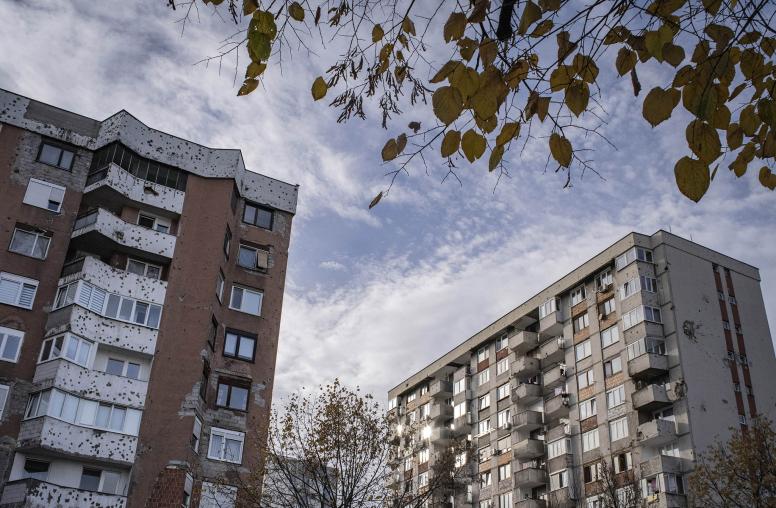Engaging Islamic Civil Society Organizations in Central Asia
A Look at Their Potential as Partners in Advancing Peace and Stability
The governments of the five Central Asian republics have historically viewed civil society as an inorganic, sometimes even foreign, force in social life and have often tried to co-opt or suppress its influence. Additionally, these nominally secular governments have struggled to define the relationship between religion and the state, even as the region becomes more uniformly Muslim. But when the COVID-19 pandemic hit, the governments of Central Asia struggled to respond — which opened the door for nascent Muslim civil society organizations to fill in the gaps and provide many of the services the state could not.
Going forward, these Muslim civil society organizations (MCSOs) in Central Asia can play an important role in addressing the region’s economic and social problems. And though they’re often overlooked, a recent USIP report found that MSCOs are highly diverse in terms of activities and structures, often politically moderate and supportive of democracy, and open to working with global development actors.
Yet, many questions remain: Will the governments of the region embrace this new Muslim civil society or continue to co-opt, control and suppress it? What is the relationship between the growing role of Muslim civil society and extremism in the region? And what role can Muslim civil society play in supporting regional peace and stability?
On June 15, USIP, George Washington University’s Central Asia Program and the American University of Central Asia’s Social Innovations Lab Kyrgyzstan held a discussion with the report’s co-authors and leading experts on the unique role of MSCOs in their communities and at the national level during this pivotal and highly fluid period in Central Asia.
Continue the conversation on Twitter with #USIPCentralAsia.
Speakers
Sebastien Peyrouse
Research Professor, Central Asia Program, IERES, George Washington University
Emil Nasritdinov
Associate Professor, Anthropology, Technology and International Development, American University of Central Asia
Palwasha Kakar
Interim Director, Religion and Inclusive Societies, U.S. Institute of Peace
Indira Aslanova
UNESCO Chair of World Culture and Religions, Kyrgyz Russian Slavic University
Gavin Helf, moderator
Senior Expert, Central Asia, U.S. Institute of Peace



